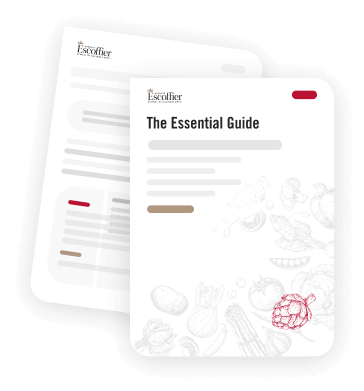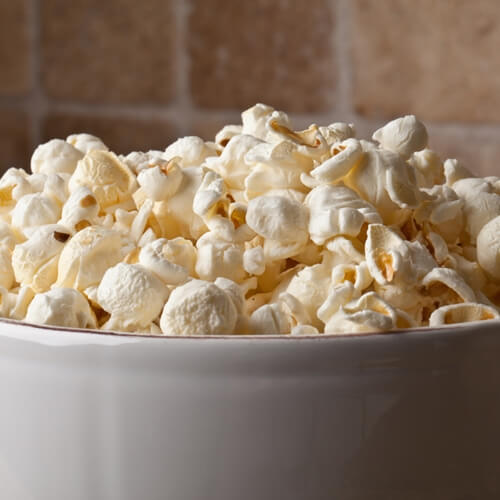Health benefits of popcorn

In culinary arts programs, students are taught a variety of recipes ranging in degree of difficulty. When you're looking for something simple and easy to make, popcorn is a great, healthy choice.
Popcorn is polyphenol-heavy
A 2012 study conducted at the University of Scranton found popcorn contains more polyphenols than fruits and vegetables. Polyphenols are healthy antioxidants that promote not only brain and cardiovascular health, but are said to help protect your skin from UV-radiation. Since popcorn is comprised of 86 percent less water than fruits and vegetable, these polyphenols are less diluted, making them considerably more healthy.
A replacement of fruits and vegetables in any diet should not be considered, as fruits and vegetables contain valuable minerals that popcorn does not. However, when choosing your next snack or side to incorporate into your online cooking courses, don't count popcorn out.
Air-pop vs. microwave
According to Dr. Joe Vinson, the chemist in charge of the Scranton study, air-popped popcorn contains half as many calories as microwave popcorn. Loaded with trans fats, microwave popcorn also contains more sodium and calories and less fiber. Air-popped popcorn, on the other hand, is the opposite.
Air-popped popcorn (made without oil) is only 30 calories per cup, whereas microwave-brand popcorn has at least twice as many calories for the same serving size. The worst possible popcorn option for consumers is movie theater popcorn. According to a study conducted by the Center for Science in the Public Interest, cinema chain Regal's medium-sized popcorn contains 1,200 calories and 60 grams of saturated fat – and that's without the buttery topping.
Keep it healthy
Online cooking schools have a wealth of healthy options for snacks, but popcorn is one of the easiest. If you keep the toppings simple – freshly ground pepper, olive oil and sea salt – you'll have a delicious snack without calorie guilt.
An easy way to make low-calorie air-popped popcorn is to use your microwave. Put 1/4 cup of kernels in a lunch-sized, brown paper bag. Fold the top over a couple of times to ensure that it is sealed. Cook on "high" for two minutes or until kernels stop popping.


